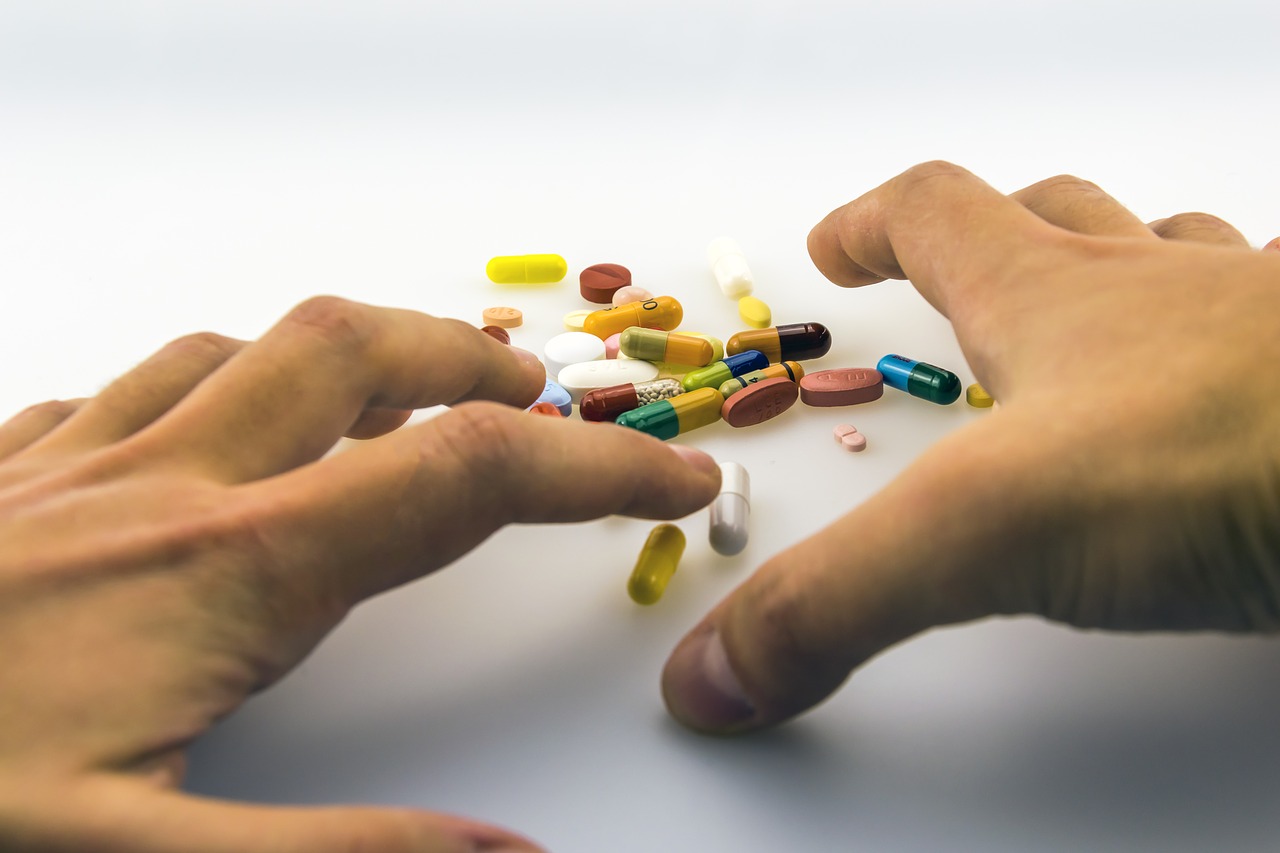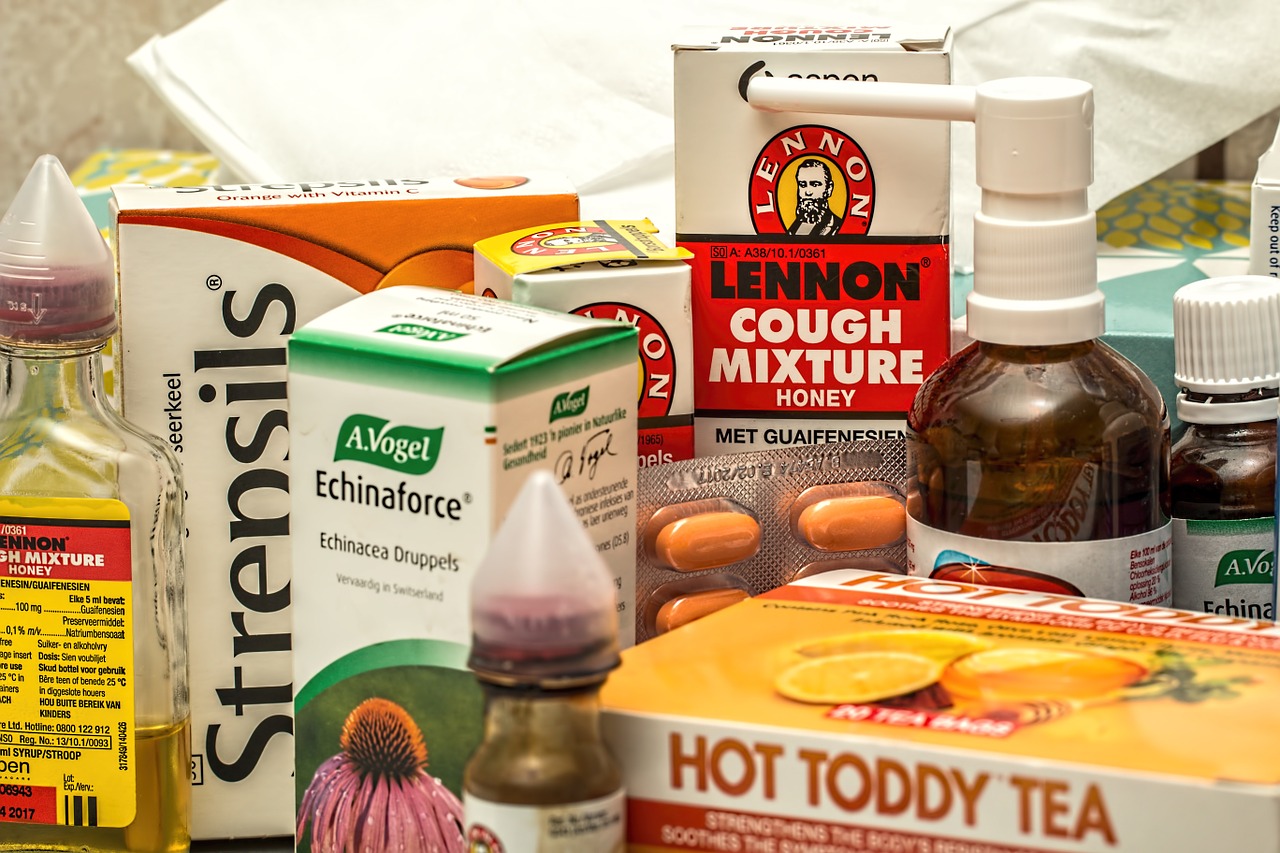
The interesting and certainly quite ironic reality of today’s time is that there is a very dire requirement in each and every individual to be performance-oriented at all times. It follows that the necessary human resources which fuel performance, productivity and a mirage which everyone is chasing….” success,” is precariously balanced on the fulcrum of good health, wellness, and an intense energetic profile. Added to this, these are the times when the overload of information and sketchy details of the pursuit of wellness practices has descended on the human race like an avalanche.
It follows that the belief that one is sufficiently equipped to manage one’s own health is now stronger in one’s perspective. This has led to individuals resorting to the extremely detrimental and even self- destructive practices of imagining that without adequate expertise and proficiency training, the role of a medical practitioner can be enacted with ease or efficiency.
“Home remedies”, “alternative therapy”, OTC ( over the counter) pharmacological dispensing and even the concept of “Complementary Health Care” are aspects which are being abused rather than used towards the betterment of health and wellness of an average person. Hence, it is pertinent to delve upon the very serious, habit-forming and negative lifestyle practice of Self-medication.
Self-Medication
Self–Medication is a human behavioral perspective, in which an individual deliberately or habitually, uses a classified medication, pharmacological substance or any exogenous influential factor to self-administer a regimen of curative treatment for physical or psychological ailments, specifically aimed at alleviating pain, discomfort and to promote wellbeing.
The most widely prevalent self-medicated compounds are over-the-counter (OTC) drugs used to treat common health-related aspects at home, as well as dietary supplements and “feel good” compositions of therapeutic and curative value.

Image by Steve Buissinne from Pixabay
Common culprits of self-dosage and self-administration are antacids, laxatives, pain-killers, general analgesics, vitamins, anti-allergies preparations, broad-spectrum antibiotics, sedatives, expectorants, tonics, stimulants and various combinations of these. These can be viewed as easiest fixes but the downside would be misdiagnosis, undesirable and uncontrolled drug interactions and finally losing a battle of wellness and health optimization.
Important to note, medicine can bind to more than one receptor site when it enters the body. Thus, medicine may be toxic for some receptor sites. Further, in most cases, medicines cause harmful effects when taken in higher doses than recommended. It is a very confirmed fact that in the practice of self- medication, dosage as a critical parameter is often ignored. Hence, medical preparations should not be taken without consulting doctors.
Drug misuse is defined as the use of a substance for a purpose not consistent with legal or medical guidelines (WHO, 2006). It has a negative impact on health or functioning and may take the form of drug dependence, or be part of a wider spectrum of problematic or harmful behavior.
Self-medication has some advantages for healthcare systems as it facilitates better use of clinical skills, increases access to medication and may contribute to reducing prescribed drug costs associated with publicly funded health programs.
While self-medication may bring with it several positive aspects, such as a substantial reduction in costs associated with doctor consultation and subsequent follow-up and faster relief of symptoms, there is a downside to this saga also. It is important to realize that through the academic skillset and tutored expertise, a qualified medical practitioner is trained to look at the condition of the patient holistically rather than myopically. Hence, he relates individual symptoms with multipronged manifestations to help the patient to recover faster.
Hence, it is very emphatic to realize that self-medication is not a safe practice and may cause more harm than good to one’s health due to its colloquial approach. Furthermore, some drugs and their analogues react negatively when taken together with certain medicines.
Importantly, some latent disease conditions could manifest themselves if an individual continues to consume medications that have contraindications. Physiological damage to vital organs and organ function impairments are some outcomes that may not be reversible. The immune profile of the individual may also suffer a veritable set back which could escalate in its complications as the age of the individual advances.
Debatably, it’s not illegal for doctors to self-prescribe most types of medication. This is with the exception of certain controlled and classified substances. However, researchers as well as the American Medical Association generally consider it an undesirable practice. It is unanimously agreed that doctors are not the most objective prescribers when they are treating themselves.
Under federal law, physicians are not specifically prohibited from self-prescribing or prescribing for friends and family. According to opinion 8.19 of the AMA Code of Medical Ethics, “physicians generally should not treat themselves or members of their immediate families.” This is perhaps the most illustrative example that even a Doctor is a Human being and hence not above the aspect of being infallible,
The advent of complementary healthcare which includes the use of alternative medicine and treatment regimens has also thrown the concept of self-care in health management to a kind of forefront. Over- the- counter tablets, capsules, syrups, suspensions, and powders claiming miraculous cures for maladies ranging from “cosmetic” ailments like hair fall to more protracted illnesses like allergies, gastric diseases, and even cancer are easily available, they are cost-effective and promise the absolute miracle. They tempt the laity to launch on a rather dangerous experiment of trial and error as far as their own health is concerned.
Additionally, underqualified dispensary personnel and the pharmacy workforce are also actively involved with recommending such preparations and emphatically claiming their quick and permanent effectiveness. These quick fixes have to be recognized for their pros and cons and have to be avoided.
Optimistically, this is the era of Nutraceuticals, Dietary and Lifestyle Interventions, Functional Foods, Herbal healthcare, Phytochemicals, and Natural products, there are many viable options which are scientific and efficacious choices to manage one’s health. However, these preparations are to be governed by a concerted umbrella of legalities, which would be instrumental in preventing malpractices in this sector like adulteration, misbranding, mislabelling, incomplete or irresponsible claims and even erroneous aspects related to weights, measures and prices.
The scientific and research community, globally, is tirelessly working to provide newer alternatives that raise the bar of quality and content.
Education about the gross danger of swallowing the random pill in aspects like insufficient dosage, habituation, allergic reactions and above all indifferent laws, could provide the much-needed solution to this problem of self- medication.
As a summation, popping the pill without your doctor’s recommendation need not be a good idea after all…..your doctor knows best!
The author acknowledges the use of authentic medical literature to structure this article.
No content/material in this site, products or services is intended as a substitute for, medical advice, diagnosis or treatment. You should always talk to health care providers/ professionals for medical advice, diagnosis, or treatment
Sign up for the QuackTrack.org newsletter below!














